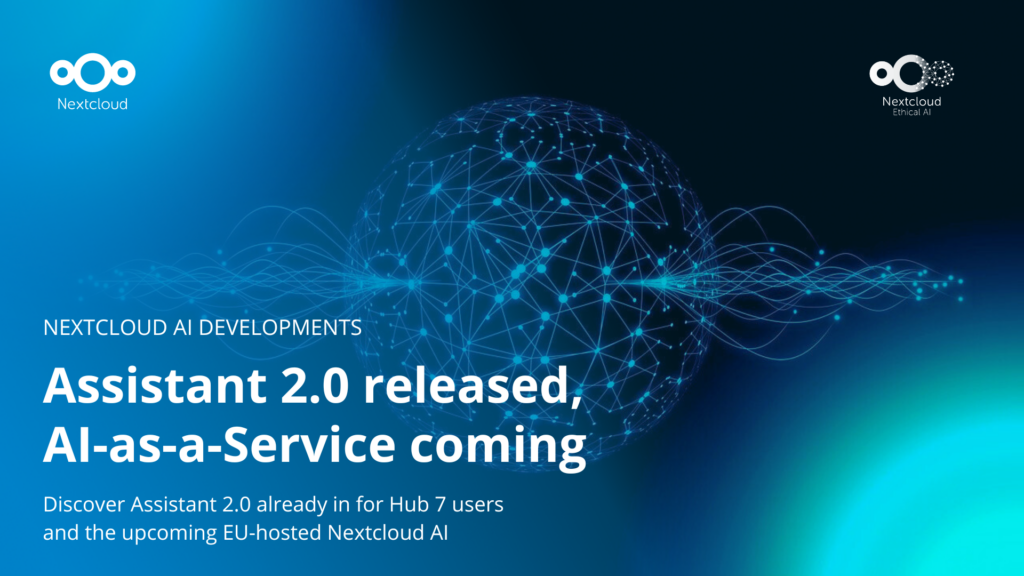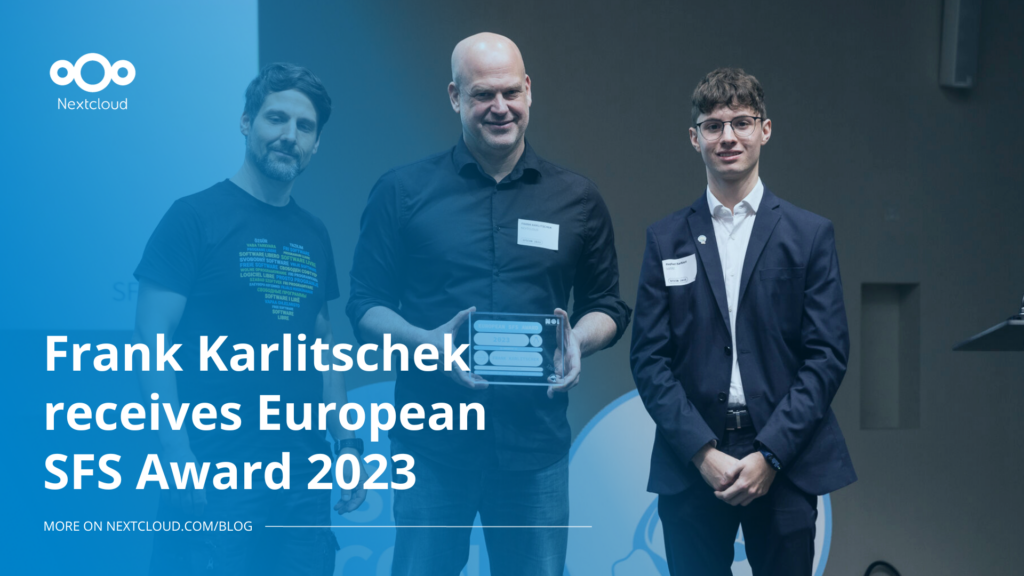We must unlock our innovative potential. This will be key not only to lead in new technologies, but also to integrate AI into our existing industries so that they can stay at the front.»
– Mario Draghi, former European Central Bank President
Europe faces significant challenges in staying competitive in a rapidly evolving digital world dominated by the US and China. The Draghi report sheds light on the EU’s dependence on foreign technology, the need for innovation, and actionable strategies for building a resilient digital economy. In this post, we explore the report’s key insights, highlight the pressing issues, and discuss what they mean for the tech industry and Europe’s digital future.
In September 2024, the European Union published a report by Mario Draghi highlighting Europe’s competitiveness and future ability and opportunities to compete.
The main drive to create the report was the worry that Europe, in comparison to other stakeholders, is too slow in its economic development and growth: «The EU is weak in the emerging technologies that will drive future growth. Only four of the world’s top 50 tech companies are European.«
In a world that faces increasing uncertainties, economic stability and growth means the ability to make its own choices for Europe. The sovereignty that we push for will be lost if we are unable to fix the systemic issues that hold us back and Europe is exposed to the will and arbitrariness of the techno-imperialism of other countries.
These issues have been driving us at Nextcloud for the past decade, and we read the report with the utmost attention, but left wondering how much of this will actually be realized.
The report gives a comprehensive analysis of where EU came from and where it is heading. It outlines the basic principles and in what way they are being threatened in the current climate of geopolitical tensions and decreased velocity of economic growth, as opposed to American and Chinese markets.
It comprises two parts, divided into strategy and analyses with actionable recommendations. Part A offers a meticulous review of where Europe is at, how it developed up to this point, and the events that led to it and the many challenges it faces on economic, societal, digital as well as political level. This gives rise to the following pressing questions:
- How can Europe promote growth and foster innovation, while setting the guardrails for a secure and thriving digital economy?
- How can Europe’s independence be secured and harmonized, and streamlined yet effective regulation be implemented and enforced across borders?
- How can Europe become a global digital player and serious partner for both China and the US?
Those big questions will not be answered in full but they offer an idea of the vast scope of challenges lying ahead. In part B, the strategy is analyzed towards actionable solutions and shows us ways how to get there.
For us at Nextcloud, the report presents many useful insights and challenges the European economy is facing to help us prepare and position in an unstable geopolitical climate and a new US government that has already taken the first steps to put America first. Even though the recommendations are addressed at the EU, one of the most important areas of development is digitization and how Europe can be sovereign and resilient in the face of hyperscalers from China and the US.
As an industry stakeholder, our interest lies in contributing to a diverse digital landscape where fair competition is fostered and supports a thriving digital economy and its fair and accessible development.
The report names the following as the most crucial challenges for Europe that need to be tackled by the current and forthcoming European Commission so as not to fall behind and protect a prosperous Europe:
- Digital transformation: The EU relies on foreign countries for over 80% of digital products, services, infrastructure and intellectual property. But in order to become more independent and hence resilient against unforeseeable geopolitical changes and tensions, the digital transformation is eminent in all sectors across Europe. Hence the EU must:
- Create and promote a resilient digital infrastructure
- Enhance cybersecurity
- Support sovereign AI development to increase Europe’s digital competitiveness
- The ICT sector specifically is key to advancing Europe’s strategy to foster sovereignty such as private cloud solutions where enhanced security and encryption is required, as well as acting as a performance driver in other sectors such as pharma, energy, or defense. It is obvious that Nextcloud can play a key role here, as it is the main player that can replace Microsoft 365 and Google Workspace, two foreign platforms that are currently mission-critical for many organizations in Europe.
- Green transition: Europe has the opportunity to be the leader in climate neutral technologies and circular economies and be the front-runner in helping industries de-carbonize and reach climate protection goals. With the US now planning to withdraw from the Paris Climate Agreement, this is more important than ever. The big US tech firms pay lip-service to green technology, but their investments especially in AI show these words are often hollow.
- Innovation and research: In order to enable and boost innovation, Europe must invest in R&D, support innovation hubs and strengthen collaboration between public and private sectors. This point is especially important for us as obstacles of procurement and tenders across borders are often over-complicated, preventing collaboration and fair competition. But the differences among members states in applying and enforcing GDPR make experimenting and pioneering with AI a lot more difficult. The EU has to very carefully balance the regulatory frameworks with tolerant rules that bolster investment in innovation. The way forward is harmonized regulation that remove overlaps between GDPR and AI Act.
- Internal market integration: As outlined under 3 above, removing barriers within the EU to allow cross-border trade, make single market more efficient, ensure fair competition is paramount to make Europe resilient and support SME to develop and prosper. The actual competition policy in place needs to be examined under in terms of striking a balance between sufficient protection and the ability for businesses to scale and innovate particularly in comparison to Chinese and American hyperscalers.
- Global trade strategy autonomy: Education is at the heart of a prosperous democracy, and is especially important to promote it further so that Europe’s workforce is equipped for a digital and green future.
Overall, the digital transformation process is too slow and too weak in comparison. Currently, there are only four digital platforms that are based in the EU, the lion’s share of the market is dominated by US corporations Amazon, Alphabet (Google), Microsoft, Meta, Apple and X as well as Tencent, ByteDance, Baidu and Alibaba from China. European citizens do not have a huge choice to opt for a European solution. The problem is not only market dominance and vendor-lock ins, it is also a lack of interoperability and high security risks.
All this diminishes Europe’s chances for growth and weakens our competitive positions. So far, the DMA and DSA were enforced, and set out to be a game-changer in competition: But will it be able to go into effect quickly without stifling innovation? The DMA and DSA, which are both carefully crafted to avoid bureaucratic hurdles for smaller organizations, can play a major role in negating the huge anti-competitive gatekeeping that the big tech firms currently use to suppress competition from European IT companies.
These are the risks at stake that the EC must take into consideration when they want to secure the vast potential of cloud computing services (estimated at EUR 200 billion by 2028). But the European providers’ share has even decreased down to 16% (2021), in no small part due to the aforementioned gate keeping. This can be mitigated by decisive enforcement of the new laws by the European Commission, but unfortunately, the commission has shown little appetite for defending its IT industry. The anti-trust complaint against Microsoft, filed by us and some 40 other small EU IT companies in 2021, has still not seen any real action.
One of the key recommendations in cloud computing is the suggested EU Cloud and AI development Act that defines a «EU-wide policy and residency requirements for public administrations’ cloud services, as well as EU-wide sensitive data security policies for collaboration between private cloud providers and hyperscalers» to protect and boost EU providers and ensure a fair and competitive market.
Conclusion
Europe today stands at a decisive point: The digital strategy has brought important new legislation, but the economy is increasingly falling behind and must be made fit to be able to continue to play a key role on a global stage.
The Draghi report sheds light on the most pressing questions and offers actionable recommendations as to how to overcome these challenges and lead Europe into a secure and prosperous future. What is needed is the ability to make fast and agile decisions so as to be able to compete with China and the US, stand strong against unstable geopolitical tensions and become the role model for resilient digital regulation. Overall, the report recommends to strive for a more dynamic, resilient and sustainable economy in Europe that can compete on a global stage while ensuring social fairness and environmental responsibility.






















